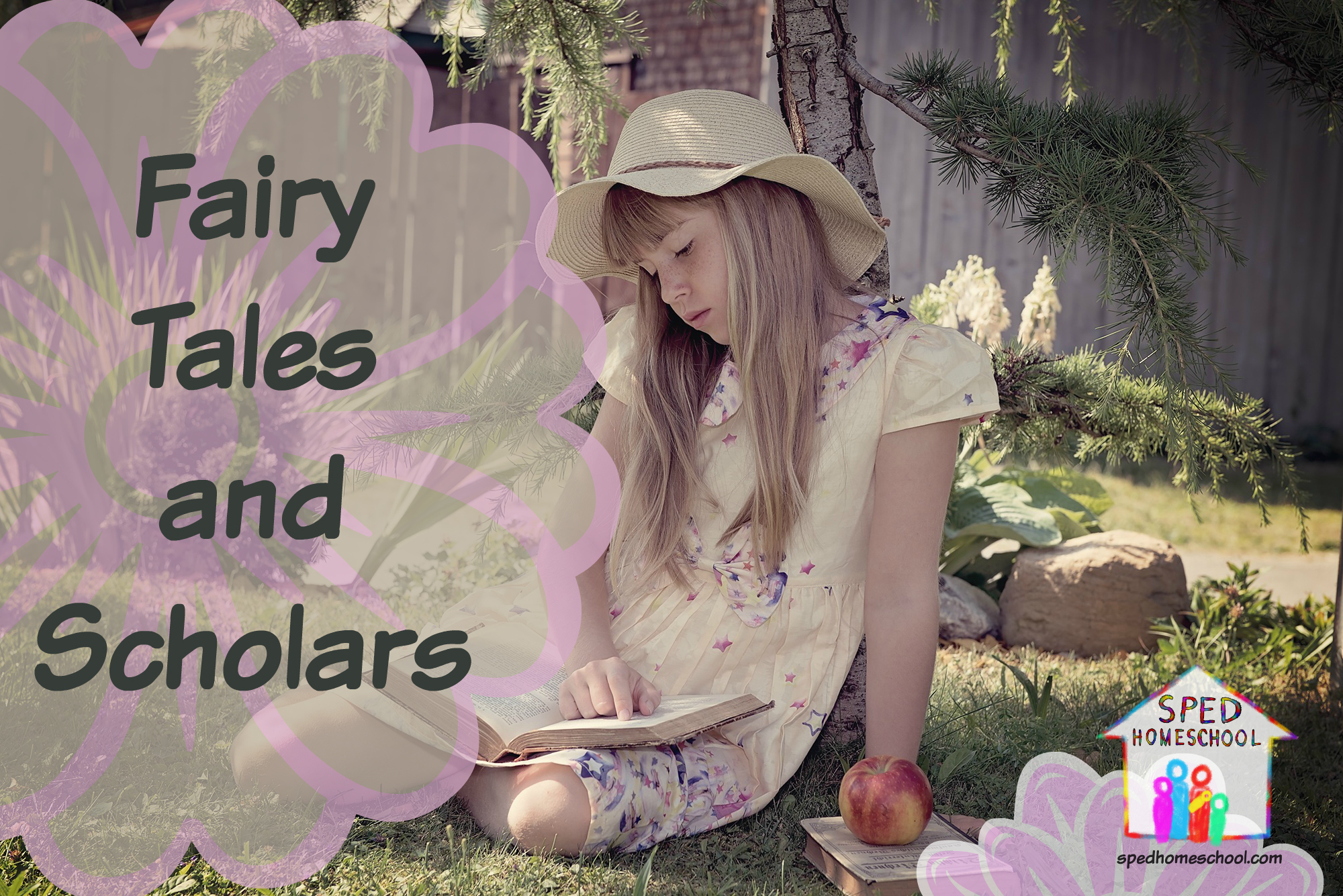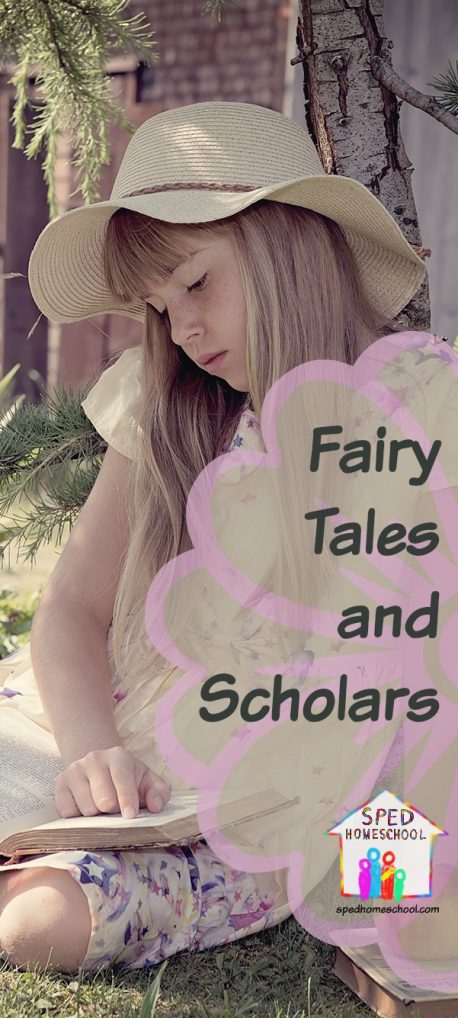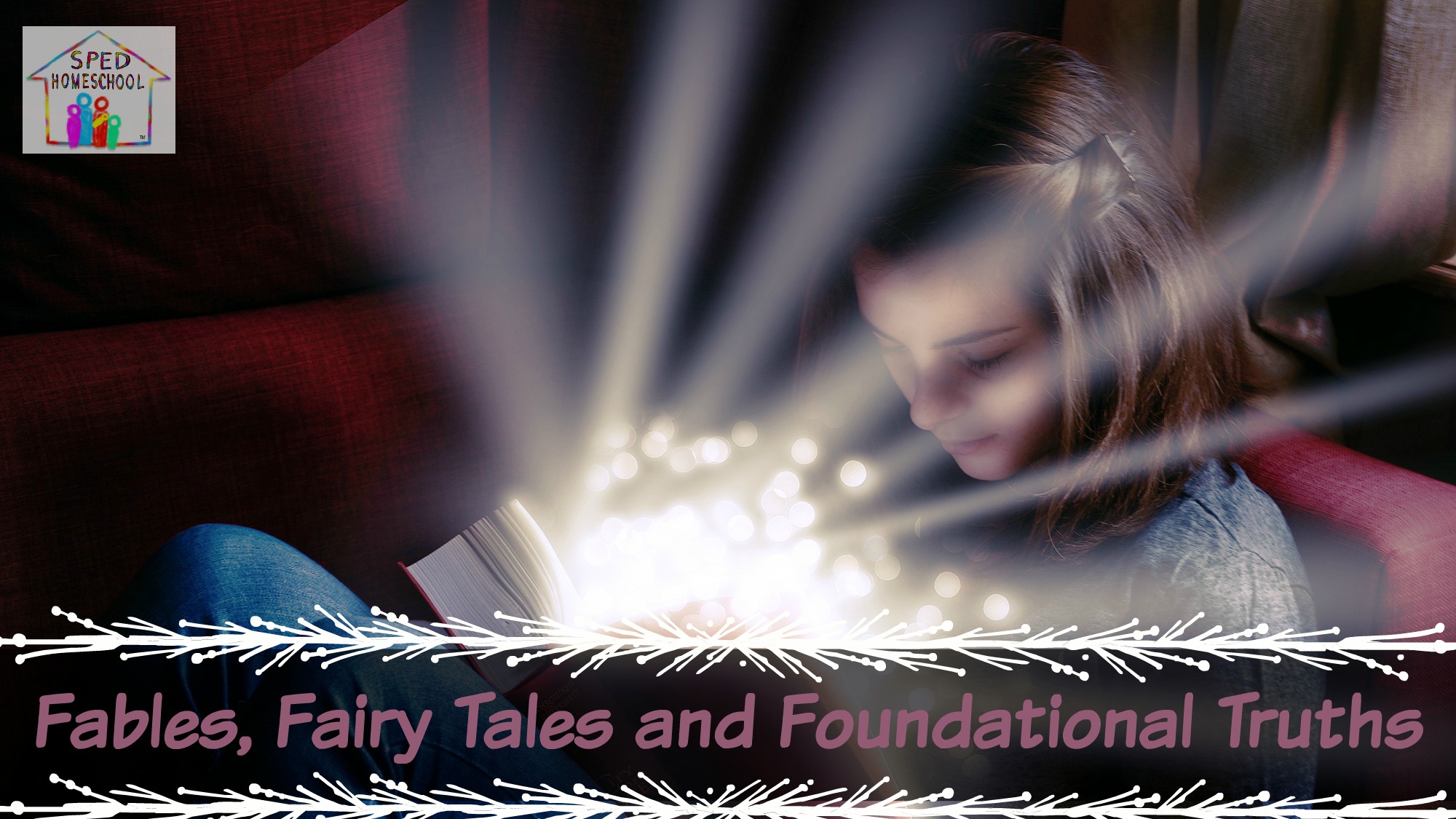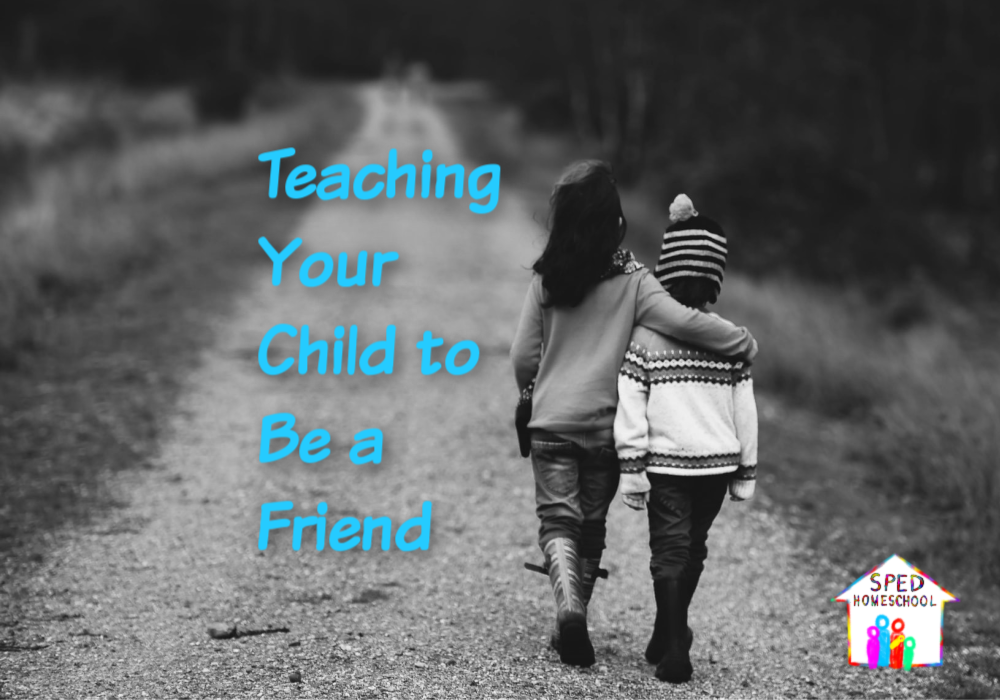
My last blog focused on the foundational truths of fairy tales and how these truths help children with empathy, knowing right from wrong, and focusing on positive future realities for their lives.
Einstein was once asked by the mother of very young aspiring scientist, how she could better prepare her daughter for academic excellence. Einstein answered: “If you want your children to be intelligent, read them fairy tales. If you want them to be more intelligent, read them more fairy tales.” Surprising? Simplistic? Childlike? Yes, and he was one of the greatest, accomplished minds in all the world.
Now, before you write off this ridiculous comment, and chalk it up to one of Albert’s bad hair days (which we know he had many) let’s look at a few of the characteristics found in fairy tales that inspire the young mind!
“I was acutely aware how far superior an education that stresses independent action and personal responsibility is to one that relies on drill, external authority and ambition. – Albert Einstein
Scholarly Traits Found in Fairy Tales
Scholarly Traits Found in Fairy Tales
“When I examine myself and my methods of thought, I come to the conclusion that the gift of fantasy has meant more to me than any talent for abstract, positive thinking.” – Albert Einstein
Tales inspire a child to want to be the hero, not a scoundrel. Thus, a child begins to think like a hero and sees the possibilities of good endings and honor, developing from even the most frightening and difficult experiences.
“Leadership is a choice, not a position.” – Steven Covey
Stephen Covey wrote The Seven Habits of Highly Effective People. He also has a program for children called, The Leader In Me, which was inspired by two of the United States’ Founding Fathers, George Washington and Benjamin Franklin.
Gleaning from these giants, Covey developed seven habits he feels people should incorporate into their lives to be more effective, goal oriented, and successful.
The first habit is to be proactive and take responsibility. Covey emphasizes that without adopting the first habit, all of the other habits are pointless. I think Albert Einstein would agree!
If inspirational leadership, critical thinking and imagination can be cultivated in our children, and help shape their pursuits of education, we need to provide our children with the seeds for this most important harvest…fairy tales!
“In a utilitarian age, of all other times, it is a matter of grave importance that fairy tales should be respected.” – Charles Dickens









